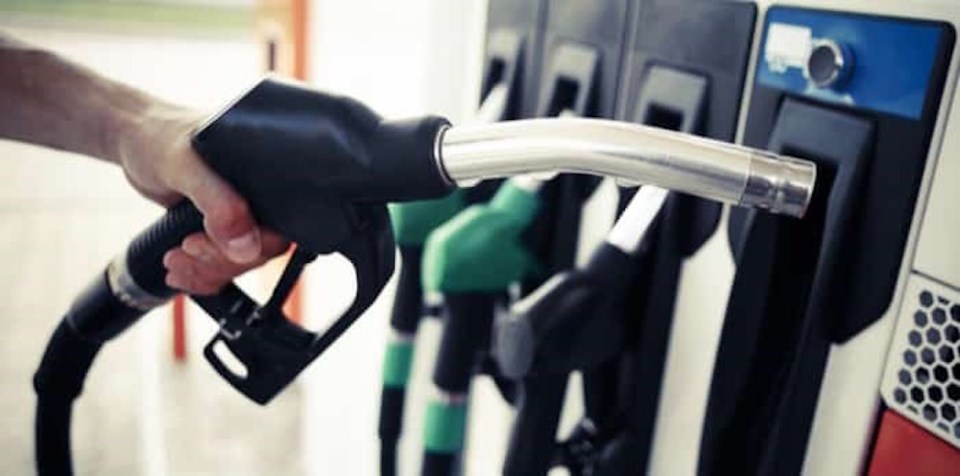The rising cost of fuel will have the largest impact on the region's operating budget this year, warned the region's chief financial officer Craig Dyer, with costs expected to exceed the 2022 budget by close to $7 million.
In explaining the known operating variances and financial risks in a report to regional council Wednesday, Dyer called the first quarter of 2022 "a fairly eventful time from a financial perspective since the budget was approved last December."
"With fuel prices at the level they are and what they have been over the first quarter of this year, we're potentially looking at a $6 to $7 million fuel price variance," he told council in presenting his Q1 financial update.
The report, based on known price increases and revenues as of March 31, states the region's 2022 fuel budget is $13.7 million based on the region's fleet needs for approximately 12.9 million litres of diesel and gasoline.
But at the time the budget was established last fall, prices for diesel averaged at $1.06/L and $1.08/L for gasoline.
Average 2022 prices for fuel up until the end of march are $1.46/L for diesel and $1.39/L for gasoline, with current prices at approximately $1.73/L for diesel and $1.52/L for gasoline.
Dyer said they'll be monitoring the situation closely and expects to have a full projection to the end of the year presented in the next report mid summer. If any recommendations are required in relation to the budget, staff will provide them then, he added.
The province recently announced a temporary reduction in its gas tax effective July 1, 2022 to December 31, 2022 which would see savings of $0.053/L for gasoline and $0.057/L for diesel.
"If current prices persist for the remainder of the year, 2022 costs could exceed the budget by approximately $6.8M, taking into account the planned provincial tax reduction from July to December," the report states.
The region has $3.7 million in provincial gas tax funding sitting in the bank, which could be used to offset the expected variance.
With inflation running at 30 year highs in Canada, and the Consumer Price Index (CPI) rising by 6.1 per cent in Ontario and 5.7 per cent in Canada for the month of February, there is no sign yet that prices will drop.
The region used a variety of inflation assumptions to develop its 2022 operating budget, and the impact of rising costs will be evident in tender awards for capital projects, indexing of existing service contracts and pricing of new service contracts, warned Dyer.
Other factors evident in the first quarter will have a positive or negative impact on the operating budget.
Transit fare revenues are slightly above budget and savings relating to staffing have resulted in an overall surplus of $747,000 through the first quarter.
But airport passenger volumes are lower than budget through the first quarter as a result of COVID-19 related impacts on travel. It has so far resulted in a year-to-date revenue shortfall of approximately $880,000.
Revenues brought in by provincial offences fines like speeding or running red lights continue to be lower than budget by $274,000 due to fewer tickets filed and fewer convictions registered. The shortfall is partially offset by reduced expenditures in enforcement.
Waste Management revenue is lower than budget by $352,000, driven by variances in revenue from industrial, commercial and institutional waste due to lower than expected March volumes.
Winter maintenance costs are also way up, currently $1.3 million higher than budget for the first quarter of 2022.
Another surplus, however, comes from water rate revenue, currently sitting at around $777,000 or 5.3 per cent higher than budget, and a wastewater rate revenue, which is currently around $264,000 or 1.2 per cent higher than anticipated in the first quarter.



